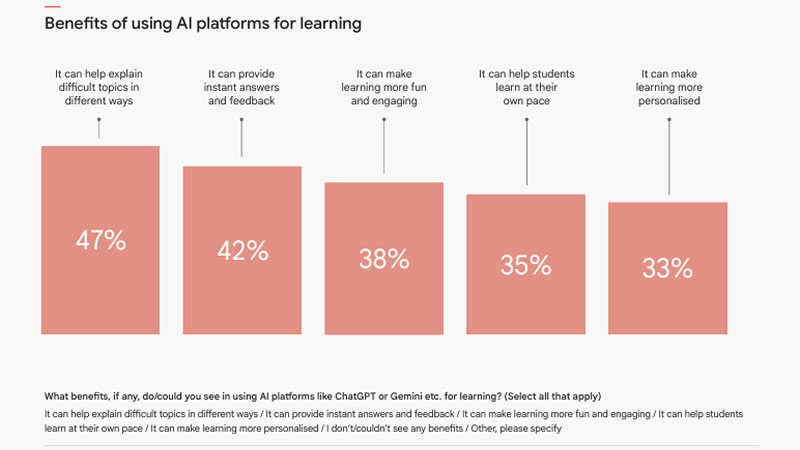Parents are stressing out big time about their kids' online lives these days. But hey, Google just rolled out this new report that gives us a real peek into how European teens are navigating the digital world. They hooked up with the youth pros at Livity for this one, surveying over 7,000 kids between 13 and 18. These teens come from spots like Ireland, Poland, Greece, Spain, Italy, France, and Sweden.

The report digs into digital literacy for teens and AI use among teenagers, touching on risks like getting too hooked on social media. At the same time, it points out the cool educational wins from tech. Marketers and parents, this is pure gold for figuring out teen digital habits and steering them right. Clocking in at 77 pages, it hits on how being connected molds young brains. No matter the back-and-forth on internet risks, this info brings some solid, real-life perspectives.
Benefits and Daily Online Activities
Teens are all about the perks of being plugged in online. They’re chatting with buddies, picking up new knowledge, and diving into hobbies every day. Social platforms dish out content through those clever algorithms, recommending videos, posts, and trends that fit their vibe. On the downside, this stuff really sways what they think and do. The report calls out how algorithmic amplification steers their interests.

That said, most kids say it feels pretty positive. They’re sharpening skills in digital education via apps and websites, and AI tools lend a hand with homework and creative stuff. Without it all, a bunch feel out of the loop. Experts chime in on keeping things balanced, though. Fun aside, too much exposure can lead to junk like misinformation. More than anything, the study shows teens want safe online hangouts. Parents, grab this to kick off some good chats around the dinner table.
Algorithm Concerns and Global Comparisons
Algorithms are calling the shots on teen trends in a major way. They pump up the hot stuff and shift behaviors quicker than you’d think. Flip side? If they’re not watched, they could spread dodgy ideas. Google’s report puts this right up there as a key worry. Still, it floats ideas on how to nudge them toward the good side. Take China, for example—they’ve got tight reins on algorithms in teen apps to stop weird anti-social trends from blowing up. Over in Europe, platforms have more wiggle room.
This kind of insight is nudging for better safeguards here. Trust in those running the algorithms? It differs from person to person. But the data spells out some serious societal ripples. Teen AI adoption is ramping up fast in all this. Either way, beefing up digital literacy education is key to dodging the pitfalls. Time for families and schools to jump in and make it happen.
































